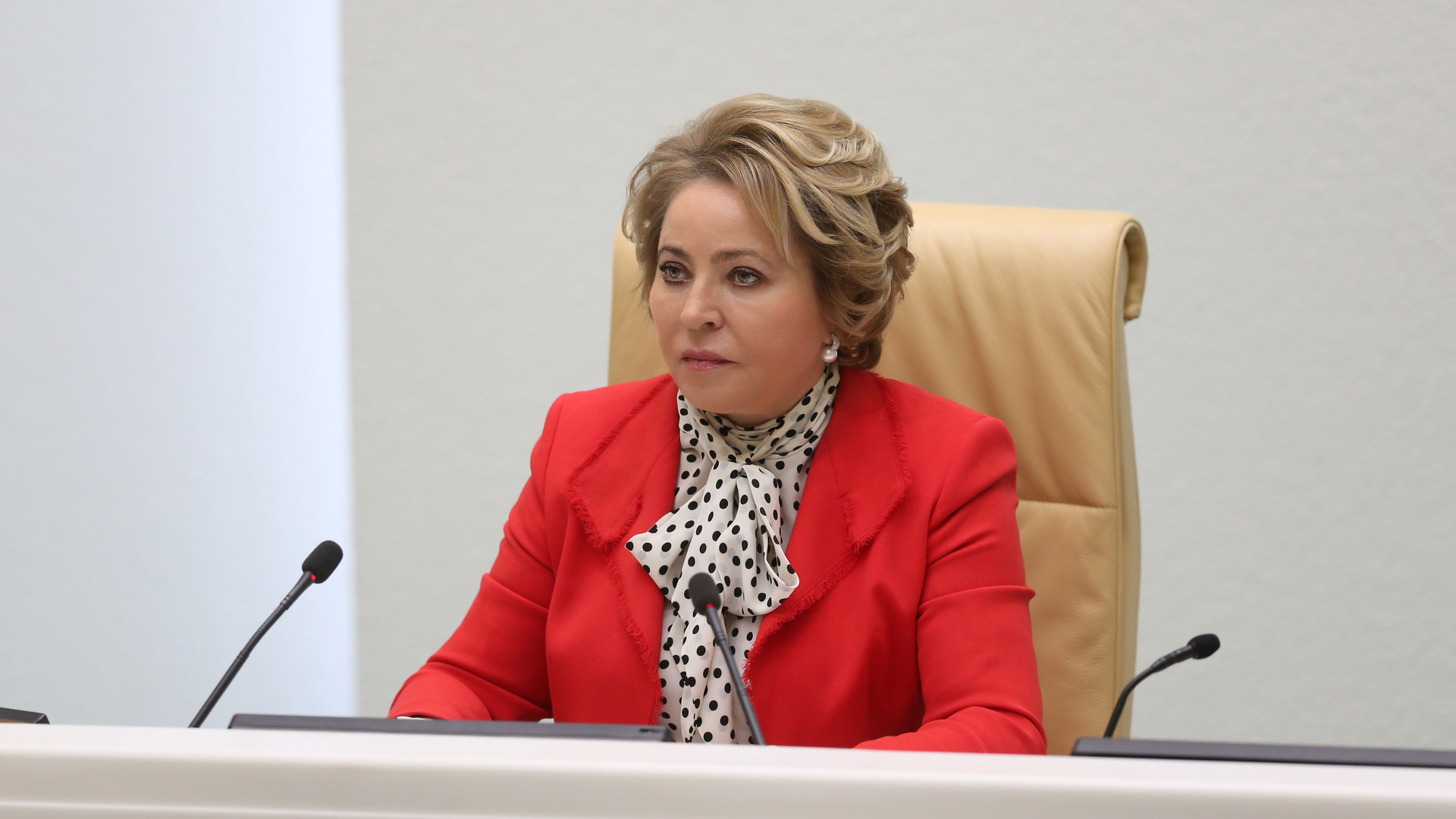Federation Council Chairman Valentina Matvienko considers it necessary to increase the tax for companies that withdraw funds offshore.
The speaker of the upper house of parliament said this on Monday, October 5, during a hearing on the draft federal budget for 2021-2023.
At the same time, she stressed that businesses investing in job creation must pay taxes at reduced rates.
“If they (companies -
RT
) invest profits in investments, in development, in the creation of new industries, new jobs, then the income tax can even be reduced.
But if they transfer huge funds to offshores, earned here in Russia, then with such funds, as in many European countries, you can significantly increase the tax, "- said Matvienko.
According to her, in this case, the tax system "will really be stimulating, motivating to invest in development."
Moreover, the initiative will also improve the budget filling in the period after the crisis caused by the pandemic.
“We need to change the philosophy of the budget - not only to take care of cutting costs, but to apply more attention, effort, efforts to increase revenue sources,” added the speaker of the Federation Council.
Valentina Matvienko
RIA News
© Federation Council of the Russian Federation
As a result of the sharp drop in oil prices that occurred in the spring and increased government spending on combating the consequences of the coronavirus, over the next three years, government spending will exceed revenues.
So, in 2021, the budget deficit will be 2.75 trillion rubles, in 2022 - 1.25 trillion, and in 2023 - 1.41 trillion rubles.
“The Russian authorities are striving to improve tax equity and find reserves to cover the budget deficit and restore the economy.
In Matvienko's view, in the context of budget spending optimization, it is necessary to focus on development institutions.
Free cash flows of Russian companies can also act as a basis for investment, especially if appropriate incentives are created, "Pavel Utkin, a leading lawyer at the Parfenon United Legal Center, told RT.
According to him, one of such incentives may just be the easing of the tax burden for enterprises that create new production facilities and expand their staff.
At the same time, a decrease in tax revenues to the budget from such companies can be financed precisely at the expense of a business that takes profits offshore, Pavel Utkin explained.
“While it all looks at the level of a proposal, however, given the political weight of the Federation Council speaker, the implementation of this initiative will not take long,” the expert said.
On their islands
According to experts interviewed by RT, Valentina Matvienko's proposal is part of the course of the Russian authorities towards deoffshorization.
At the same time, the announced initiative should enhance the effect of revising agreements on the avoidance of double taxation with a number of countries.
Recall that at the end of March, Russian President Vladimir Putin ordered to increase the tax on the transfer of dividends and interest to foreign accounts to 15% from 2021.
“All payments of income in the form of interest and dividends that go from Russia abroad to offshore jurisdictions should be taxed adequately.
Now two-thirds of these funds, and in fact these are the incomes of specific individuals, as a result of various so-called optimization schemes are subject to a tax rate of only 2%, "Putin said.
The Russian leader noted that such a step would require adjustments to agreements on the avoidance of double taxation with a number of countries.
If states refuse to accept the new conditions, Russia will unilaterally withdraw from such agreements.
“At the moment, Russia has already renegotiated the relevant agreements with Cyprus and Malta.
There is also a willingness from the British Virgin Islands.
As a result, the Russian budget will be able to additionally receive more than 130-150 billion rubles a year, "Nikita Maslennikov, a leading expert at the Center for Political Technologies, told RT.
Moreover, according to Pavel Utkin, the renewal of agreements and the possibility of increasing the tax burden may push entrepreneurs to re-register in the so-called Russian offshores.
We are talking about special administrative regions with preferential taxation on the Russian islands in Primorye and Oktyabrsky in the Kaliningrad region.
In the near future, the Russian authorities plan to increase the attractiveness of both jurisdictions for business.
This was previously stated by the State Secretary - Deputy Minister of Finance Alexei Sazanov.
“We will now improve the legislation in the part of administrative regions in order to make these jurisdictions more attractive for transferring holding structures back to Russia,” Sazanov noted.
In August, the Ministry of Finance presented amendments according to which international holding companies registered on the Russkiy or Oktyabrsky Islands will retain the ability to pay dividends abroad at a rate of 5%.
Such an initiative should increase the interest of business in Russian offshore companies, experts say.
“Thus, re-registration will allow paying not 15%, but 5% on dividends when paid abroad, and hypothetically avoiding an increase in the tax burden on profits, which Matvienko spoke about,” concluded Pavel Utkin.

